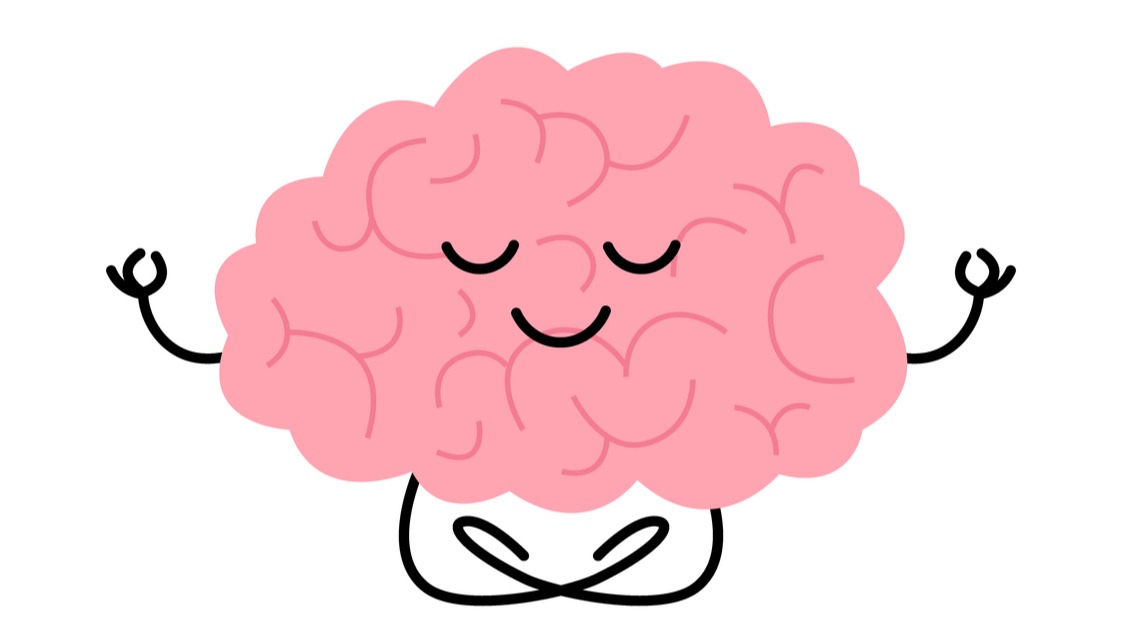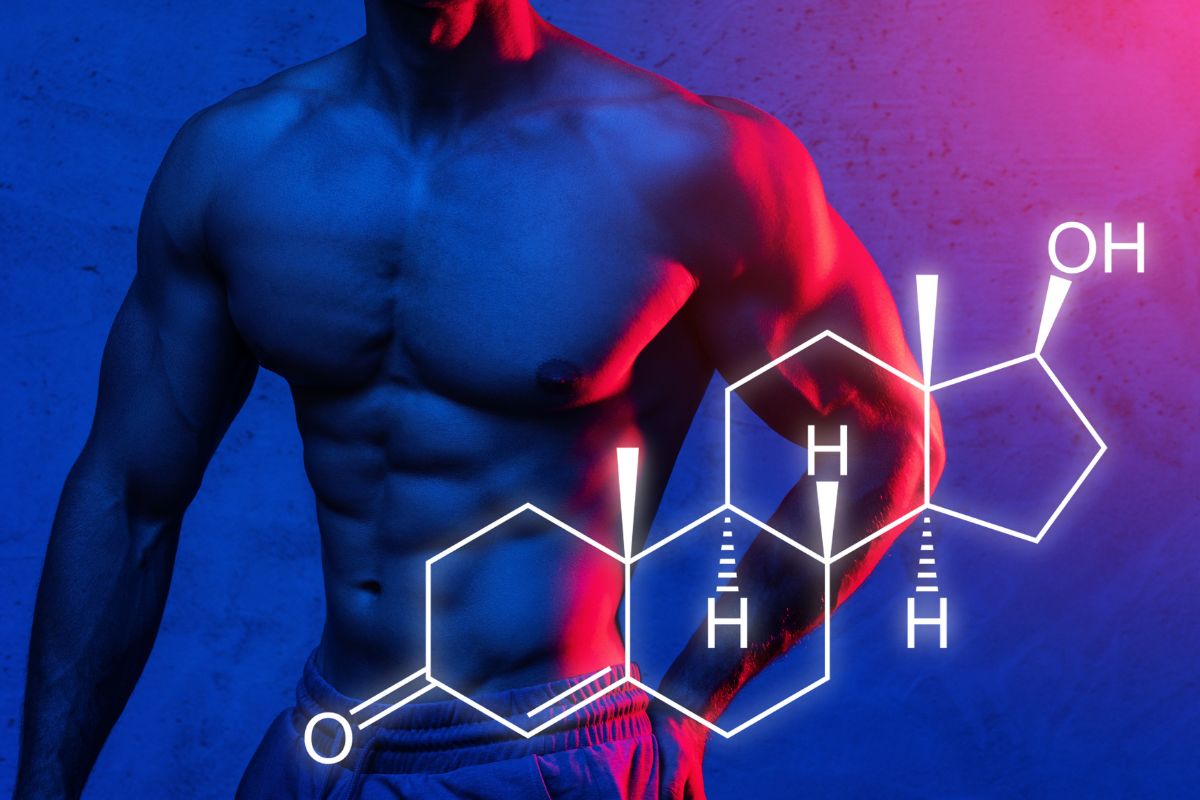睾酮对免疫功能的影响
Testosterone, a hormone commonly associated with male characteristics such as muscle mass, strength, and libido, plays a significant role in maintaining overall health, including the immune system. Its influence on immune function is not just confined to physical traits and sexual health but also regulates the immune response and immune system balance. Understanding how best testosterone boosters interact with the immune system can provide insight into its broader role in our well-being, particularly as we age or experience changes in hormone levels.
Testosterone’s Role in Immune Function
Testosterone’s impact on the immune system is multifaceted, affecting both the innate and adaptive immune responses. Here are some of the ways it does so:
Modulation of Immune Response

Testosterone has a dual role in modulating immune responses. On one hand, it can enhance the body’s defense against pathogens by stimulating certain immune cells, such as T lymphocytes (T-cells). T-cells play a crucial role in identifying and destroying infected or cancerous cells. In this way, testosterone contributes to a more effective immune response to infections and disease. However, it can also suppress certain immune functions, including B cells producing anti-inflammatory cytokines.
Inflammation
One of the most significant ways testosterone affects immune function is through its relationship with inflammation. Chronic inflammation is linked to a wide range of health problems, including cardiovascular disease, autoimmune disorders, and cancer. Testosterone has anti-inflammatory effects that can help prevent the overproduction of inflammatory cytokines that could damage tissues and organs over time.
Protection Against Autoimmune Disorders

Additionally, elevated testosterone levels may also increase the risk of autoimmune disorders. While testosterone may have protective effects against autoimmune diseases in men, it’s essential to remember that high levels of testosterone can also trigger autoimmune reactions in some individuals. This could lead to conditions where the immune system mistakenly attacks the body’s own tissues.
How Low Testosterone Affects the Immune System
Low testosterone or hypogonadism can result from aging, injury, or underlying medical conditions, and its effects on immune function are profound. Low testosterone can increase the susceptibility to infections, contribute to chronic inflammation, and impair healing processes. Additionally, it can increase the risk of autoimmune conditions such as rheumatoid arthritis or lupus.
Strategies for Optimizing Testosterone for Immune Health

To optimize testosterone levels and support a healthy immune system:
Maintain a Balanced Diet
A balanced diet rich in vitamins and minerals is essential for maintaining healthy testosterone levels. These nutrients play a key role in hormone production and immune function. Foods like lean meats, eggs, leafy greens, and fatty fish can support both testosterone production and immune health.
Regular Physical Activity

Strength training is essential for boosting testosterone levels and enhancing immune function. Exercise has been shown to increase testosterone production while promoting better circulation and immune cell activity.
Stress Management
Chronic stress can elevate cortisol levels, which can suppress testosterone production. Incorporating relaxation techniques like meditation or deep breathing can help keep stress levels under control and support optimal testosterone levels.
Seek Professional Help if Needed

If you experience any symptoms of low testosterone or any other health conditions related to immune function, it’s essential to consult with a healthcare provider for accurate diagnosis and personalized treatment recommendations.
In conclusion, testosterone is more than just a hormone linked to physical characteristics but also plays a crucial role in maintaining a well-functioning immune system. It plays an integral role in regulating the immune system balance and immune response by modulating inflammation, protecting against autoimmune conditions, and enhancing immune responses. By adopting a healthy lifestyle and working with healthcare professionals to manage testosterone levels, individuals can optimize their hormone levels and ensure their immune system remains strong and resilient for optimal health and well-being.
The Role of Testosterone in Immune Function elegantly examines the intricate link between male hormones and immunity, providing...
The study effectively supports the thesis that testosterone plays a profoundly influential role in modulating immune function, reinforcing its immune-modulatory functions beyond merely promoting aggressive behavior.
J.B.'s article, The Role of Testosterone in Immune Function, provides compelling evidence that subtle differences earlier examined might indeed have far-reaching implications on the human immune response through physiological mechanisms related to testosterone levels.
Testosterone does not solely act as a hormone that drives male characteristics; its role in immune function highlights an intriguing interplay between the hormonal and immunological systems, underscoring how intricately balanced our biological processes are.
This study offers intriguing insights into the multifaceted role of testosterone in immune function, challenging conventional wisdom by highlighting its nuanced effects on both suppressing and enhancing aspects.
Testosterone's influence on immune function, as explored in the article The Role of Testosterone, demonstrates fascinating interplay between sex hormones and human health that implicates hormonal balance a crucial aspect for maintaining robust immunity.














![Fibrin Sealant Market Advancements and Business Opportunities [2028]](https://antiochtenn.com/zb_users/upload/2025/08/20250831183354175663643499373.jpg)